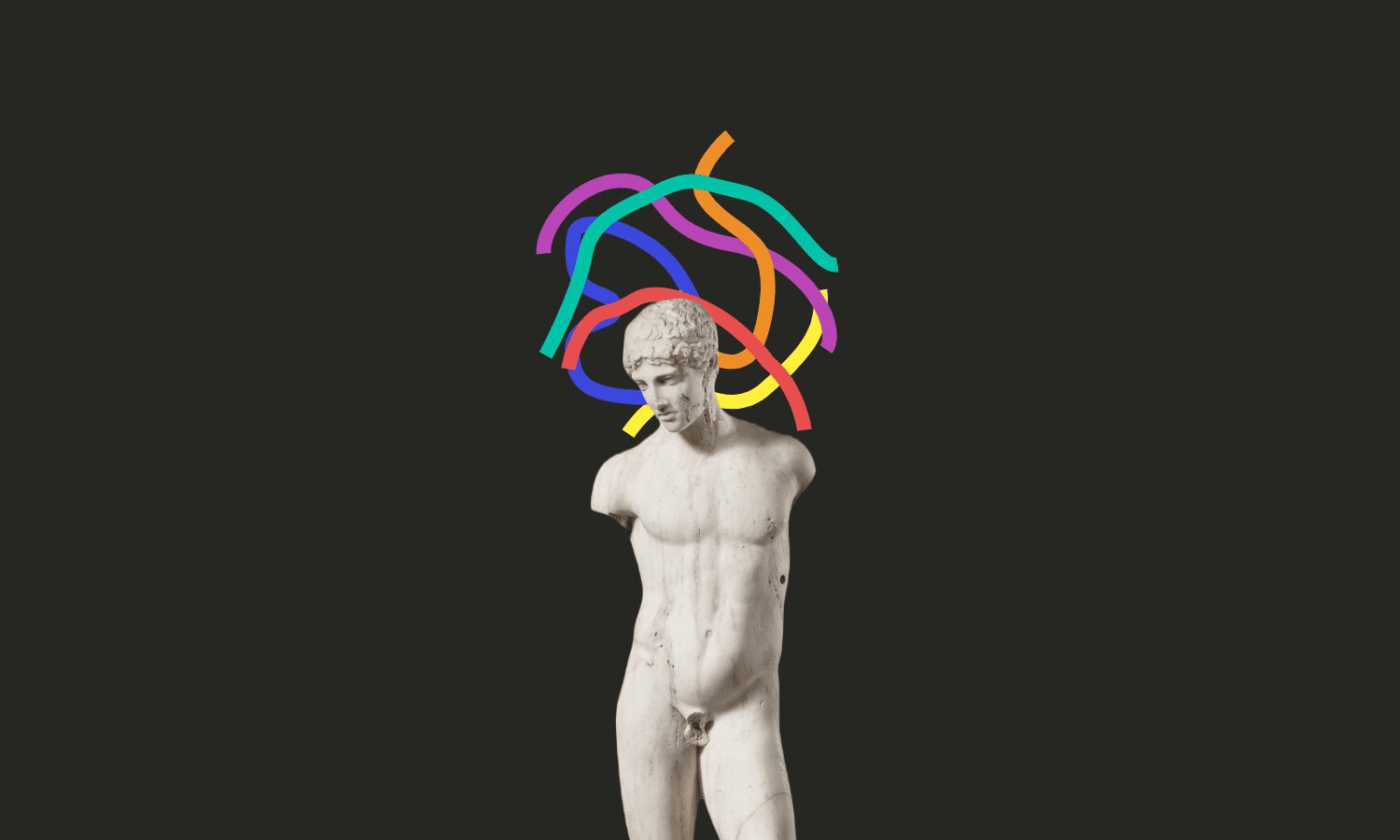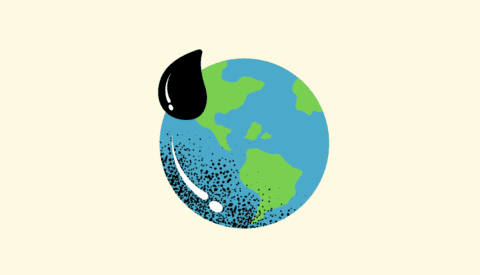On The Limits Of Our Modern Obsession With «Resilience»
From the work of Dostoevsky, all the way to modern-day psychology's concept of resilience, the idea that human beings can adapt to any event or situation persists in popular thought. But biology and history itself show it's not quite the case.
Article

Article
The soldiers’ shouts no longer phased him. One after another, they walked towards the courtyard, bewildered, some begging for mercy. Meanwhile, a burst of rifle fire silenced some of the cries. Other soldiers loaded corpses onto wagon while insulting the prisoners. The man, that man, was prepared for the end. But fate had a different plan: a pardon from the tsar, exile and forced labor in Siberia — and his definitive devotion to literature.
Russian author Fyodor Dostoevsky knew adversity well. His father, notorious for his love of alcohol, died when Dostoevsky was 18. He was epileptic until his death. He was almost shot for his subversive inclinations but, in exchange for not being executed, worked for five years in a prison camp in Omsk, was forced to serve in the army and deprived of his noble title.
Thus, he argued that human beings could become accustomed to everything. «Rather, it was not that I got used to it, but that I endured everything with resignation», he wrote in his Notes from Underground. But is it really possible to get used to any kind of adversity?
Designed to adapt
For the most part, the Muscovite writer was right. As biological evolution underlines, our species, like all the others on earth, is genetically designed to adapt as well as possible to environmental changes and to the state of health in which we find ourselves. Survival, the need to preserve ourselves and our existence: it’s an instinct formed over millions of years of biological life, preparing us to be as resilient as possible in the face of hardship.
As biological evolution underlines, our species, like all the others on earth, is genetically designed to adapt as well as possible to environmental changes
Human ecology studies the most palpable and physical evidence of this: how individuals differ according to temperature, solar radiation, humidity or access to a variety of nutrients. Skin color, the shape of one’s nose, the ease and volume of sweat production are visible examples of this involuntary but essential process in our species. Certain age groups are vulnerable (or more resistant) to diseases due to their unique adaptations to their environment.
But beyond the physical, what about our mental disposition? Why do we seem to be able to bounce back from any circumstance? Our brains are hardwired to handle scenarios and avoid problems whenever possible. The most recent challenge that has allowed us to grasp the extent to which we can take on extreme situations was during the height of the COVID-19 pandemic.
The widespread confinements put a strain on the mental health of people of all ages and circumstances. The consequences of the pandemic prompted unexpected responses both biologically, chemically and structurally in our bodies and in the way we understand our approach to life. Its physical effects on the human body are still being studied, as is the increase in stress and anxiety disorders throughout the developed world, with more or less explainable causes.
History is rich in trauma. The most tragic and widely studied in recent history, the Holocaust, shows parallels in the behaviors of survivors of the massacre and among those who have suffered intense emotional trauma. The same is true for soldiers in war or people who survive natural disasters, accidents and severe or debilitating illnesses.
In all these situations, those affected show an intense effort, both conscious and unconscious, to accept the situation and to adapt. They work with their new circumstances, and to try to align with them to survive or, if possible, have a good life. The case of collaborationist prisoners in the extermination camps is a good example, as is the basic instinct to escape from death in the face of tragedy.
Resilience is not a superpower
In the delicate balance between survival and self-abandonment, reason and the very human capacity to order events come into play. The resignation Dostoevsky evoked, and our ability to maintain hope, are two essential pillars of a person’s resilience, their ability to overcome traumatic situations. The mind plays an essential role in the state of the body.
In the delicate balance between survival and self-abandonment, reason and the very human capacity to order events come into play
Depending on our mental state and mood, certain hormones can be released, such as cortisol, which improves our ability to react to physical danger. Events where people lift vehicles to save the life of a loved one are a good example of this mind-body influence, and vice versa.
But this disturbance of our mental health balance is not innocuous, nor is our capacity for resilience infinite. The greatest challenge for human beings, evidently, is death: the end of life is an aspect of our existence that has been addressed since the dawn of civilizations.
On a psychological level, we tend to avoid thinking about death in our day-to-day, as it often causes anguish. Other human limitations have to do with physical concerns, rather than with strictly mental ones. Sleep deprivation, the inability to flee in the face of deadly situations (like with shell shock or PTSD) or a change in physical needs are all fatal impediments to a person’s ability to adapt to a particular scenario.
In a strictly mental sense, our capacity to get used to things has improved remarkably. Our notion of reality, including what happens to us, is a story we tell ourselves. This is where the weight of fiction comes into play: it has been proven that we frequently deceive ourselves, distorting the facts in order to protect aspects of ourselves and our sense of self from things that could harm and disorientate us (and, thus, cause anguish).
Specialists suggest that our brains multitask, since our capacity for resilience, which depends on the nature of each individual, is forged in two opposite processes, acclimation and sensitization. The balance between the two, which we experience imperceptibly almost every day, is key. So no, we cannot get used to absolutely everything: after all, we are creatures with limitations. But doesn’t the cosmos itself also have its limits?
This content is part of a collaboration agreement of ‘WorldCrunch’, with the magazine ‘Ethic’. Read the original at this link.







